All of you likely remember the Scott Peterson case, one of the most high profile trials of the 21st century.
Peterson was convicted and sentenced to death in 2004 for the murder of his pregnant wife and unborn son. Laci Peterson went missing just before Christmas 2002. It was soon discovered that Scott had been carrying on an affair with a woman who reported to police that 14 days prior to Laci’s disappearance, Scott had told her that he had lost his wife and would be spending his first Christmas without her.
Laci and her unborn son’s bodies were found in April of 2003. Scott was arrested shortly after and there was significant evidence that he was planning to go on the run. Venue for the trial was moved from Modesto to Redwood City because of pre-trial publicity and Scott was represented by celebrity lawyer Mark Geragos at trial. The trial and deliberations lasted approximately 6 months and, ultimately, Peterson received the death penalty.
Peterson’s conviction was based almost entirely on circumstantial evidence and, in particular, on his demeanor after Laci’s disappearance, which seemed at odds with that of a grieving husband and prospective father. Since his conviction, there have been numerous questions raised about the government’s failure to investigate alternative explanations for Laci’s murder.
In California, all death sentences are automatically reviewed on appeal by the California Supreme Court. On August 24, the Court issued its opinion in the Peterson case. The court upheld Scott’s convictions for the first degree murder of Laci and the second degree murder of his son, but reversed the imposition of the death penalty and granted Scott a new penalty phase trial in a decision that may have major implications for the way in which capital juries are selected.
Capital trials are the only kind of case in California in which a jury has a say in sentencing. Ordinarily, a jury is only asked to decide the issue of guilt and sentencing is left to the court. In death penalty cases, however, a jury makes a recommendation of either a life without parole (LWOP) sentence or the death penalty. As such, there are two phases in a capital case: the guilt phase and the death phase.
This difference in the way capital trials are conducted also leads to a very important difference in the way a capital jury is selected. One requirement to sit on a jury is that a juror is able to follow the law. As the law provides for the possibility of death as a verdict in such cases, and the jury is required to decide whether death is an appropriate penalty, jurors who are so opposed to capital punishment that they cannot render a verdict of death in any circumstance can be removed for cause from the jury on the prosecution’s request.
This method has been widely criticized because studies show that stacking a jury with individuals who support the death penalty is also likely to lead to juries more prone to conviction, more likely to harbor racial bias, and less likely to include minorities. This method of selection is also the reason why Scott Peterson’s death penalty has been reversed.
While a juror may be removed from a capital case if they indicate they would not be unable or unwilling to impose the death penalty, they cannot be removed solely because of a general objection to the death penalty. That is precisely what happened during the Peterson jury selection. The trial court excused a number of jurors who had filled out questionnaires indicating a general opposition to the death penalty without making any effort to inquire of those prospective jurors whether or not their beliefs would prevent them from following the court’s instructions. On this basis, the Court reversed the death penalty.
Unfortunately for the defense bar, the Court held that the errors in jury selection did not require reversal of the guilt phase of the trial, only the penalty. Despite consistent rejection by the court thus far, we in the defense bar must continue, with the emergence of new academic research on the unfair composition of juries composed only of death leaning jurors, to urge courts to look critically at the effect errors in the capital jury selection process also undermine the guilt verdicts in these cases.

Client Centered Approach

Reputation by Excellence

Experience

Innovative & Determined

You're Not Just Another Client

AVAILABLE FOR YOU NOW
"*" indicates required fields